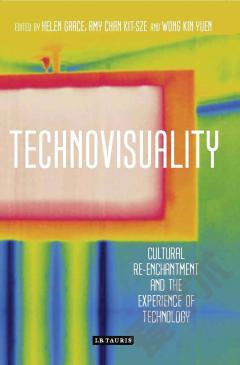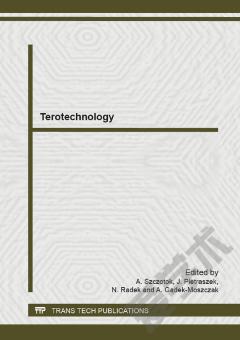Technovisuality
How should we regard the contemporary proliferation of images? Today, visual information is available as projected, printed and on-screen imagery, in the forms of video games, scientific data, virtual environments and architectural renderings. Fearful and anti-visualist responses to this phenomenon abound. Spread by digital technologies, images are thought to threaten the word and privilege surface value over content. Yet as they multiply, images face unprecedented competition for attention. This book explores the opportunities that can arise from the ubiquity of visual stimuli. It reveals that 'technovisuality' of digital technology with the visual - can work 'wonders'; not so much dazzling audiences with special effects as reviving our enchantment with popular culture. Introducing a nentirely new field of academic study, this book reveals the centrality of 'technovisuality' in 21st century life.
{{comment.content}}








 京公网安备 11010802027623号
京公网安备 11010802027623号